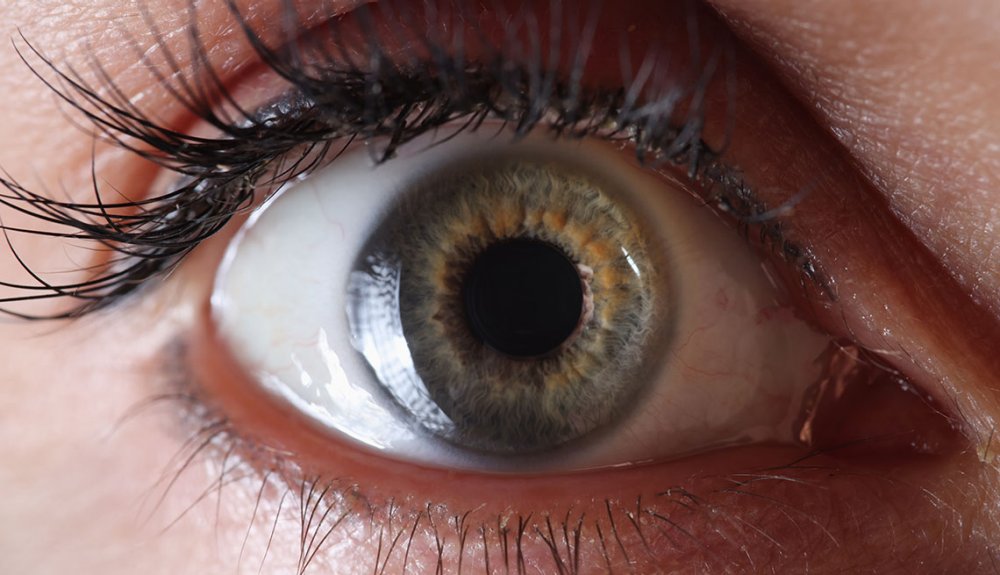All Categories
Featured
Table of Contents
- – 1. Blurred or Double Vision.
- – 2. Regular Migraines.
- – 3. Modifications in Color Perception.
- – 4. Boosted Sensitivity to Light.
- – 5. Eye Exhaustion and Discomfort.
- – 6. Sudden Onset of Floaters or Flashes of Light.
- – 7. Problem Seeing in the evening.
- – 8. Family History of Eye Diseases.
- – Final thought.
Understanding the signs that indicate a requirement for an eye test is important for maintaining eye health and protecting against much more serious problems. Below are some vital indications that it may be time to arrange a visit for an eye test.
![]()
1. Blurred or Double Vision.
One of the most common indicators that indicate a need for an eye test is experiencing obscured or dual vision. Dual vision may happen in one or both eyes and can show different concerns, including refractive errors, cataracts, or neurological troubles.
2. Regular Migraines.
If you discover yourself often experiencing migraines, particularly after working or reading at a computer, your eyes may be straining to concentrate. An eye examination can aid identify any vision issues contributing to these frustrations and provide solutions to minimize them.3. Modifications in Color Perception.
Discovering adjustments in just how you perceive shades can be another indication of potential eye issues. It may suggest an underlying problem if you find it increasingly difficult to differentiate in between certain shades or discover that shades appear duller than previously. Issues like cataracts or macular deterioration can impact shade assumption. Setting up an eye test is essential for evaluating your eye wellness. if you experience these modifications.4. Boosted Sensitivity to Light.
If you're ending up being extra delicate to light than usual, this can be a sign of an eye trouble. Enhanced light sensitivity can be related to numerous conditions, such as completely dry eyes, migraine headaches, or cataracts. If bright lights or abrupt adjustments in illumination cause pain, it is essential to seek advice from an eye treatment specialist to figure out the cause and discover efficient solutions.5. Eye Exhaustion and Discomfort.
If your eyes feel exhausted, dry, or aggravated after long term display time, you might be experiencing digital eye strain. While taking normal breaks can assist, persistent discomfort might require a see to an eye care expert.6. Sudden Onset of Floaters or Flashes of Light.
Seeing floaters-- little dots or flecks that wander throughout your vision-- is usually safe and typical. If you all of a sudden discover a considerable rise in advances or experience flashes of light, it might show a more major concern, such as retinal detachment. Look for instant clinical attention to ensure your eyes are healthy and to stop prospective vision loss. if you experience these signs and symptoms.7. Problem Seeing in the evening.
Experiencing difficulty seeing in low-light problems or having trouble driving at evening can be indicators of developing eye problems. Conditions such as cataracts can hinder night vision, making it testing to browse in dark lights. It's important to get in touch with an eye treatment expert to attend to the problem immediately. if you find that your evening vision is aggravating.8. Family History of Eye Diseases.
If you have a family members background of eye illness, such as glaucoma, macular deterioration, or diabetic retinopathy, you should be aggressive about your eye wellness. Household background can raise your threat for creating these conditions, making regular eye tests critical for early detection and management. Even if you aren't experiencing any symptoms, regular exams are necessary for checking your eye health and wellness.Final thought.
Being aware of the indicators that show a need for an eye exam is essential for maintaining ideal vision and general health and wellness. Early detection of prospective problems can bring about prompt treatment and better end results. If you experience any of the symptoms talked about, don't think twice to reach out to an eye treatment expert. By prioritizing your eye wellness and scheduling routine exams, you can make certain that your vision stays clear and dynamic for many years to come. Taking these proactive actions today can aid protect your sight and improve your quality of life.Table of Contents
- – 1. Blurred or Double Vision.
- – 2. Regular Migraines.
- – 3. Modifications in Color Perception.
- – 4. Boosted Sensitivity to Light.
- – 5. Eye Exhaustion and Discomfort.
- – 6. Sudden Onset of Floaters or Flashes of Light.
- – 7. Problem Seeing in the evening.
- – 8. Family History of Eye Diseases.
- – Final thought.
Latest Posts
How Can Customers Personalize Furniture to Suit Their Home Decor?
Published en
0 min read
Furnishings Styles Living Space
Published en
0 min read
What Aspects Impact the Price of Major Auto Repairs
Published en
0 min read
More
Latest Posts
How Can Customers Personalize Furniture to Suit Their Home Decor?
Published Jan 28, 25
0 min read
Furnishings Styles Living Space
Published Jan 21, 25
0 min read
What Aspects Impact the Price of Major Auto Repairs
Published Jan 14, 25
0 min read